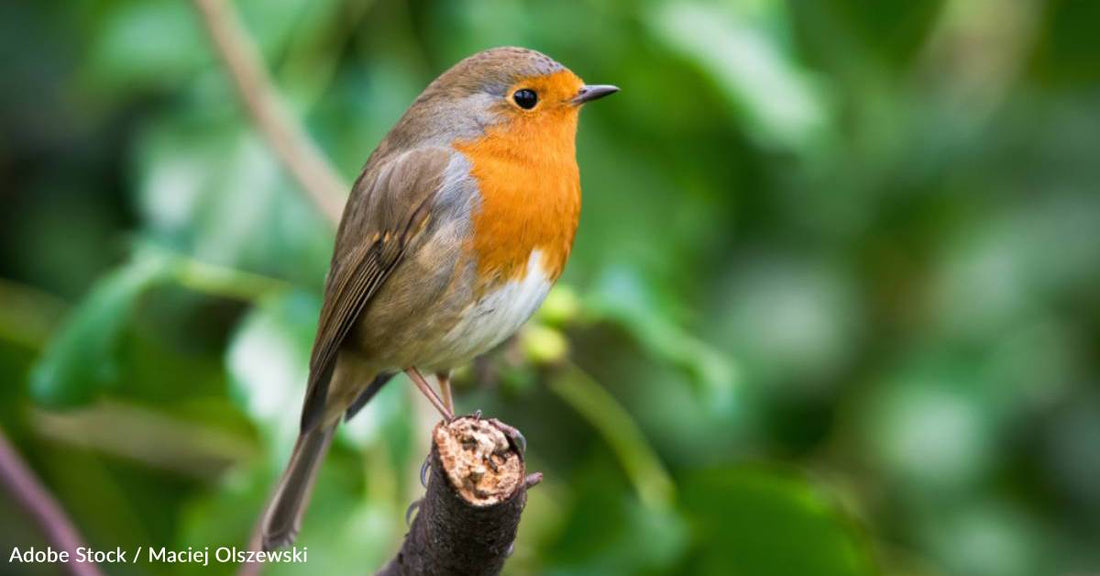Pesticide Use May Be Contributing to Lower Songbird Populations
Michelle Milliken
Bird populations are in decline across the world, with a 2022 study finding that 48% of existing species are known or suspected to have declining numbers. The main drivers are habitat loss and degradation and overexploitation of many species. A new study finds similar trends among garden birds in the United Kingdom, owing in part to pesticide use.
Researchers from the University of Sussex recently investigated songbird prevalence in gardens and the link to pesticide use. The findings, published in the journal Science of The Total Environment, show that while gardeners who used pesticides saw fewer birds, bird-friendly gardens were linked with more individuals spotted and a greater species abundance.
Susan Morgan, the CEO of SongBird Survival, which supported the research, says, "We’re still trying to understand the factors behind the tragic loss of British songbirds, so we are delighted this new study by the University of Sussex sheds light on why, and how we can help. Brits love their gardens, and as a nation of bird lovers, we must ‘think biodiversity’ and do our bit: Avoid using toxic chemicals or else we’ll continue to see house sparrows, chaffinches, tits and other small birds continue to disappear."
To learn more about how such species may be impacted by pesticides, the researchers worked with the British Trust for Ornithology, which runs Garden Birdwatch, a citizen scientist-based initiative that calls on people to record the birds they see in their gardens. Overall, the team used data from 615 gardens, whose owners had filled out a questionnaire on their pesticide use. Of those, 32.2% reported using pesticides, with just over half using glyphosate, or Roundup and Gallup.
The team found that the number of individual birds and bird species were lower in suburban areas compared with rural locations, and that the quality of the garden and the surrounding habitat impacted these figures, as well. However, when it came to pesticide use, there were also marked declines in some species, particularly house sparrows. In gardens with any pesticide, their numbers were about 12% lower, while they were roughly 25% lower with glyphosate use and about 38.5% lower with metaldehyde. The study found that glyphosate applications were linked with a lower number of robins and great tits and mecoprop was associated with fewer chaffinches, blackbirds, dunnocks, and great tits.
On the flip side, the researchers say there are things you can do to make your garden more bird-friendly.
Cannelle Tassin de Montaigu, study author and PhD researcher at University of Sussex's School of Life Sciences, says, "It’s encouraging to find that simple measures, such as planting native shrubs and trees and creating a pond, together with avoiding the use of pesticides, really make a measurable difference to the number of birds you will see in your garden."
SongBird Survival offers a few other tips, including planting berry bushes for natural food and shelter, adding different types of hedges that will flower at different points in the year, and planting flowers that promote insects and songbirds.




